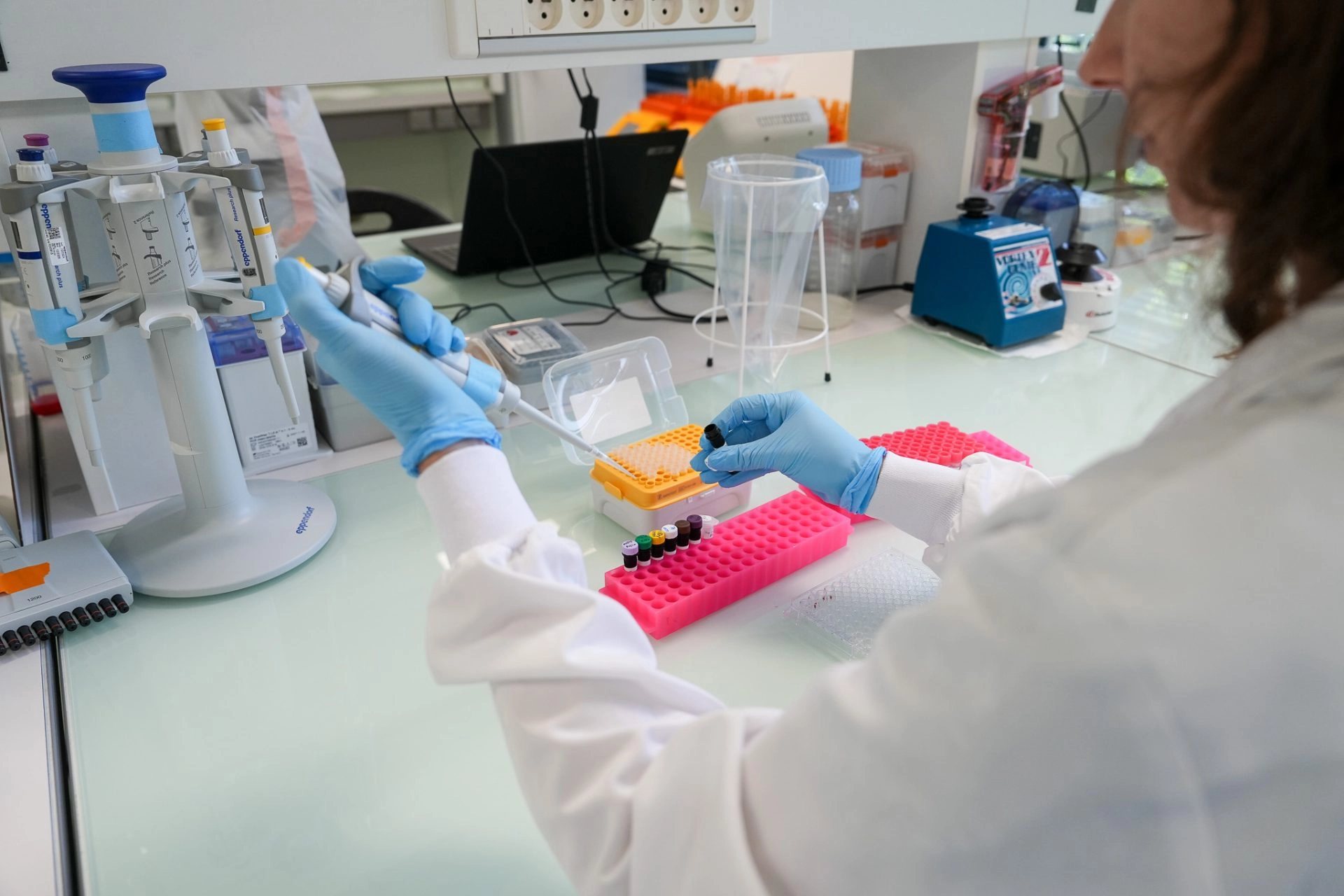
Scientific Publications
Explore the scientific contributions of TransCure bioServices: peer-reviewed publications and conference posters showcasing our expertise in humanized models, translational research, and ethical innovation.
-
- Scientific publication
22/10/2025
Humanized mouse models sickle cell disease preclinical research
-
- Scientific publication
22/10/2025
Exploring the role of ENT1 in T-cell metabolism for improved cancer immunotherapy
-
- Scientific publication
03/04/2025
PI3K/mTOR inhibition induces tumour microenvironment remodelling and sensitises pS6high uterine leiomyosarcoma to PD-1 blockade
-
- Poster
03/01/2025
POSTER: Characterizing Growth and Tissue Infiltration of Luciferase-Expressing AML Cell Lines
-
- Poster
03/11/2024
POSTER: An efficient pre-clinical mouse model to evaluate immune targeted therapies in cancer research
-
- Scientific publication
03/09/2024
Tobacco Alkaloid Assessment in a DSS-Induced Colitis Mouse Model with a Fully Humanized Immune System
-
- Scientific publication
03/07/2024
The BCL-2 Inhibitor Venetoclax Augments Immune Effector Function Mediated by Fas Ligand, TRAIL, and Perforin/Granzyme B, Resulting in Reduced Plasma Viremia and Decreased HIV Reservoir Size during Acute HIV Infection in a Humanized Mouse Model
-
- Scientific publication
03/05/2024
T-Cells Expressing a Highly Potent PRAME-Specific T-Cell Receptor in Combination with a Chimeric PD1-41BB Co-Stimulatory Receptor Show a Favorable Preclinical Safety Profile and Strong Anti-Tumor Reactivity
-
- Scientific publication
03/02/2024
Harnessing dendritic cells for innovative therapeutic cancer vaccines
-
- Scientific publication
03/01/2024
The microenvironment of DLBCL is characterized by noncanonical macrophages recruited by tumor-derived CCL5
-
- Scientific publication
03/11/2023
A Peptide Vaccine Candidate Tailored to Individuals’ Genetics Mimics the Multi-Targeted T Cell Immunity of COVID-19 Convalescent Subjects
-
- Scientific publication
03/10/2023
Genomic Instability Is an Early Event in Aluminium-Induced Tumorigenesis
